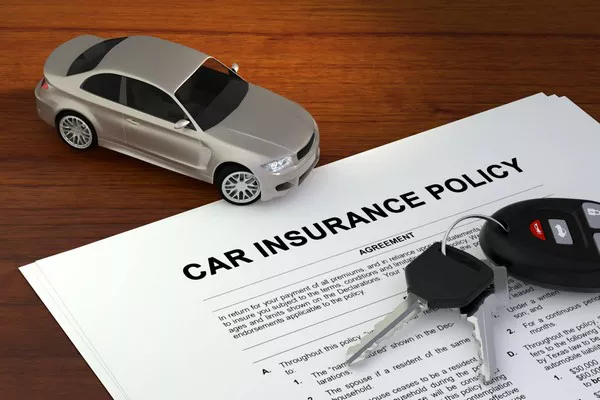Leasing a car provides a flexible and cost-effective way to drive a new vehicle without the long-term commitment of ownership. In this comprehensive article, we will delve into the various types of insurance essential for a leased car, with a focus on car rental insurance. Whether you are a first-time leaser or a seasoned one, being well-informed about the insurance options available will help you make the right choices and navigate the world of leasing with confidence.
1. Liability Insurance
When it comes to leasing a car, liability insurance is not negotiable – it’s a must. This type of coverage protects you from financial liability in case you cause an accident that results in property damage or bodily injury to others. In most states, the minimum liability coverage required by law is specified, but leasing companies often have higher liability coverage requirements to safeguard their interests in the leased vehicle. Before signing the lease agreement, make sure you understand the minimum coverage mandated by your state and the specific requirements set by the leasing company.
2. Collision Insurance
Collision insurance is another crucial coverage that is typically required for leased cars. It provides financial protection for your leased vehicle in the event of a collision, regardless of who is at fault. Since leased vehicles belong to the leasing company, they want to ensure their asset is protected. Therefore, collision insurance is often non-negotiable for the duration of the lease term. Without collision coverage, you would be responsible for covering the repair or replacement costs of the leased vehicle out of pocket.
3. Comprehensive Insurance
Comprehensive insurance is a valuable addition to your insurance coverage for a leased car. It provides protection against damages to the vehicle resulting from incidents other than collisions. These incidents may include theft, vandalism, fire, natural disasters, falling objects, and even hitting an animal. Just like collision insurance, comprehensive coverage is often a requirement from leasing companies to mitigate the risks associated with their leased vehicles.
4. Gap Insurance
Gap insurance is a critical type of coverage that is highly recommended for anyone leasing a car. In the unfortunate event of a total loss, such as a severe accident where the leased vehicle is beyond repair, gap insurance covers the difference (the “gap”) between the amount you owe on the lease and the actual cash value of the vehicle. This is vital because, in such cases, the regular insurance payout may not be enough to cover the remaining lease balance. Without gap insurance, you could find yourself in a difficult financial situation, having to pay off the lease balance out of pocket.
5. Personal Injury Protection (PIP) Insurance
While not mandatory in all states, Personal Injury Protection (PIP) insurance is another essential consideration for a leased car. PIP coverage provides benefits for medical expenses and lost wages for you and your passengers if you are injured in an accident, regardless of who is at fault. Some leasing companies may require PIP coverage to ensure that their lessees are adequately protected in the event of an injury. Even if not required, having PIP insurance can be a valuable addition to your coverage, especially if you do not have health insurance or your health insurance has limited coverage for auto accidents.
6. Uninsured/Underinsured Motorist Coverage
While it may not be explicitly required by leasing companies, having Uninsured/Underinsured Motorist Coverage is a wise decision when leasing a car. This insurance protects you if you are involved in an accident with a driver who lacks insurance or does not have enough coverage to fully compensate you for damages and injuries. With this coverage, you can have peace of mind knowing you won’t be left financially vulnerable in such scenarios.
Conclusion
Leasing a car can be a fantastic way to enjoy the luxury of a new vehicle without committing to long-term ownership. However, understanding the insurance requirements for a leased car is essential to avoid potential financial pitfalls. Being informed about the types of insurance required for a leased car will not only protect you but also provide you with peace of mind throughout your lease term.
FAQs about What Type of Insurance Is Required for a Leased Car
1. Can I use my existing car insurance for a leased car?
It depends on your existing car insurance policy. While some aspects of your policy may extend coverage to a leased car, it’s essential to review the policy and consult with your insurance provider. In many cases, you might need to adjust or upgrade your coverage to meet the specific requirements of the leasing company.
2. How much liability coverage do I need for a leased car?
The minimum liability coverage required for a leased car is typically determined by state law. However, leasing companies often require higher liability limits to protect their interests. It is essential to check the lease agreement or consult with the leasing company to know the specific liability coverage they demand.
3. Can I decline insurance offered by the leasing company and use my own insurance?
It depends on the leasing company’s policy. Some leasing companies may allow you to use your own insurance, while others may require you to purchase insurance through their approved providers. Always clarify this with the leasing company before making any decisions.


